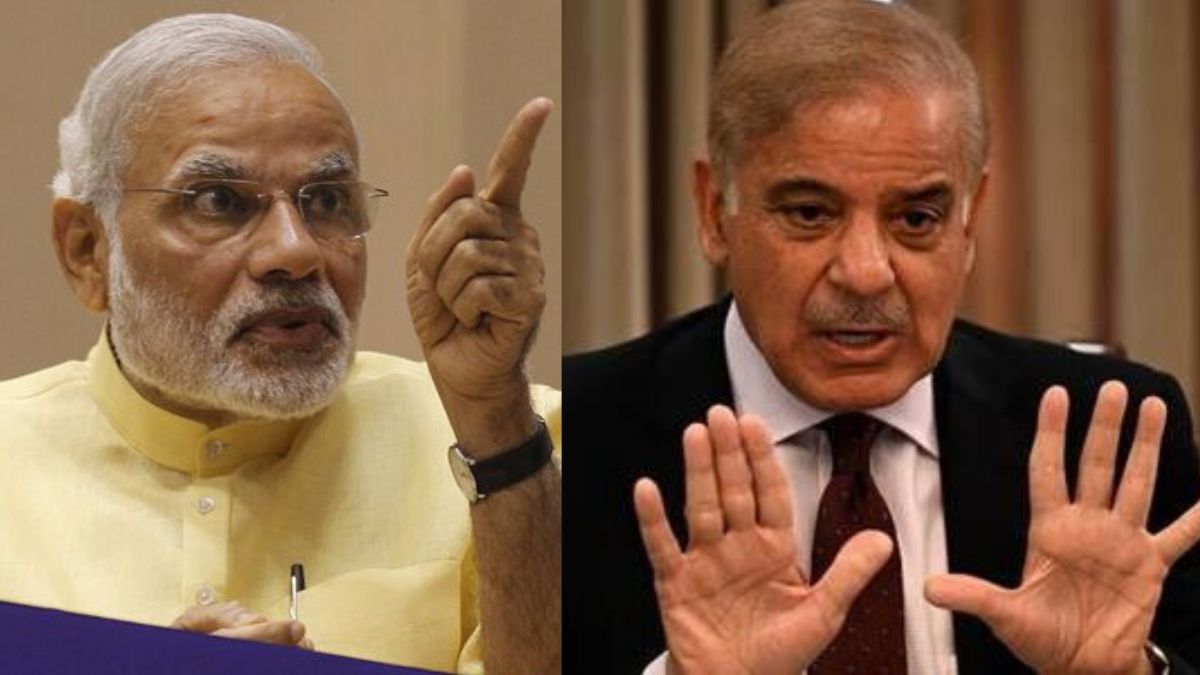India and Pakistan have both decided to stop all military actions and firing across their shared border immediately, as tensions had sharply increased after a deadly terror attack in Pahalgam, which resulted in the deaths of 26 people. As the ceasefire between India and Pakistan begins, several tough measures taken by India to maintain pressure on Pakistan remain in place.
One of the most significant is the suspension of the Indus Waters Treaty, which Pakistan has been actively challenging on international platforms in hopes of an early reversal. Other major actions include the closure of the Wagah border, deportation of Pakistani nationals, and a full trade ban- all of which have pushed the Islamic nation into diplomatic distress, seeking support from global leaders. In the wake of this ceasefire, what will happen to these decisive steps taken by India to downgrade the ties with Pakistan?
Indus Waters Treaty Suspension
One of the major steps taken by India after the deadly Pahalgam Attack. Government sources confirmed that India will continue suspending the Indus Waters Treaty (IWT); it will remain in abeyance. They also clarified that the recent ceasefire agreement between India and Pakistan on Saturday does not come with any conditions, including regarding the water treaty.
The World Bank brokered the Indus Waters Treaty in 1960, which outlines how India and Pakistan share the waters of the Indus River system. Over the years, Pakistan has benefited more, receiving around 80% of the total water, which is crucial for farming in provinces like Punjab and Sindh.
Check Post To Remain Shut – Attari-Wagah
The Integrated Check Post (ICP) at Attari, which serves as a key border crossing between India and Pakistan, will remain closed until further notice. This closure follows a week of intense cross-border movement. The Attari-Wagah border, a major point for both trade and people-to-people movement, was completely shut down. Authorities had instructed people who had already crossed over with valid documents to return to India through the same route before May 1.
Visa Services For Pakistani Citizens
India has decided to continue suspending all visa services for Pakistani citizens. After the Pahalgam terror attack, the Indian government stopped issuing all types of visas to Pakistani nationals and told those already in India to leave by April 27. Only medical visas were temporarily extended until April 29, but those too have now been cancelled.
The Ministry of External Affairs said this decision is in line with the actions taken by the Cabinet Committee on Security (CCS) after the attack. They also advised Indian citizens in Pakistan to return to India as soon as possible.
Trade Ban
India has decided to maintain the ban on all imports from Pakistan, whether other countries route them or they come directly. India will block any goods from Pakistan from entering, regardless of how they are sent. In a clear sign of India’s tough diplomatic stance, India has barred ships registered in Pakistan from docking at Indian ports, and it has prohibited Indian vessels from entering Pakistani harbors.
A new clause added to the Foreign Trade Policy (FTP) says: “All goods coming from Pakistan- whether directly or indirectly- are completely banned from entering India until further notice,” regardless of their import status.
India’s Airspace Closed To Pakistan
Another major decision taken by India following the Pahalgam terror attack on April 22 was the closure of its airspace, which has dealt a significant economic blow to Pakistan. India will continue to keep its airspace closed to flights originating from or passing through Pakistan, a restriction that came into effect on April 30. As a result, many international airlines that usually fly over Pakistan after exiting Indian airspace must take longer, alternate routes, leading to increased flight times and higher operational costs. This move is yet another clear indication that India is maintaining pressure on Pakistan, despite the ongoing ceasefire and diplomatic dialogue.
Ban On Pakistani Actors And Artists
India will continue its ban on Pakistani actors and artists performing in the country. Furthermore, all OTT platforms, media streaming services, and other intermediaries in India will be required to remove any digital content from Pakistan, including web series, films, songs, podcasts, and more, whether they’re available through subscriptions or free access.












